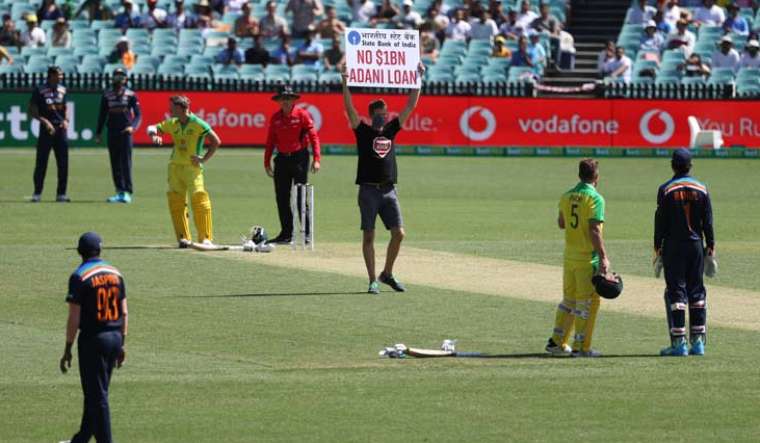In a major relief to Xiaomi Technology India Pvt Ltd, the Karnataka High Court has set aside Income Tax’s seizure order of Rs 3,700 crore of the company’s fixed deposits.
Justice S R Krishna Kumar in his judgment on December 16 imposed three conditions for setting aside the August 11, 2022, order of seizure of the Deputy Commissioner of Income Tax.
The first condition was that Xiaomi “shall not be entitled to make payments from the subject fixed deposits accounts in the form of royalty or in any other form to any companies / entities located outside India.”
Secondly, Xiaomi is “at liberty to take overdrafts from the subject fixed deposits accounts and make payments from such overdrafts to such companies / entities located outside India.”
And thirdly, the Income Tax Department was “directed to complete the draft assessment proceedings of the petitioner for the Assessment Years 2019-20, 2020-21 and 2021-22 on or before March 31, 2023.”
The IT Department had passed the order on grounds that the Chinese firm was remitting income abroad in the guise of paying royalty to avoid paying tax in India.
A similar order by the Enforcement Directorate freezing Rs 5,551 crore was disputed in court. Justice M Nagaprasanna reserved the judgement in the ED case on November 17 and it is awaited.
In the IT case, the court found several lapses by the Department.
“A perusal of the impugned order will also indicate that there is no finding recorded as to why a provisional order of attachment had to be passed against the petitioner; it is significant to note that there is no finding recorded by the first respondent that the petitioner was a ‘fly-by-night operator’ from whom it was not likely to recover the likely demand,” the court noted in its judgement.
Quashing the order, the HC said, “In other words, in the absence of any reasons as to why and how the demand would be defeated by the petitioner, mere apprehension that huge tax demands are likely to be raised on completion of assessment was not sufficient to constitute formation of opinion and existence of proximate and live link for the purpose and necessity of provisional attachment which implicate the doctrine of proportionality. Under these circumstances also, I am of the considered opinion that the impugned order deserves to be quashed.









